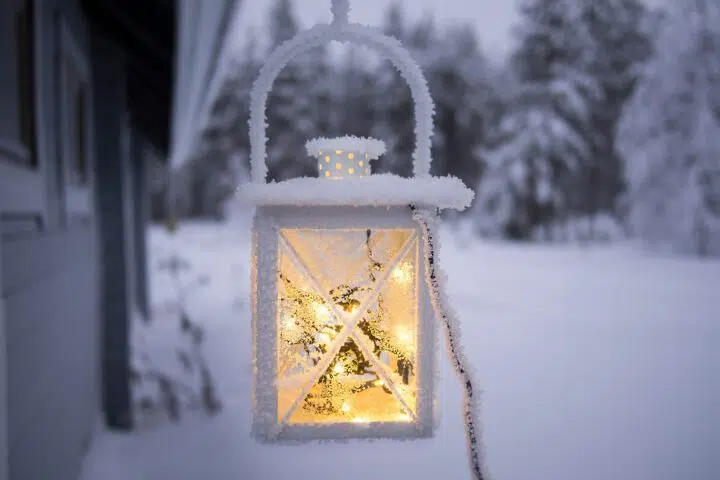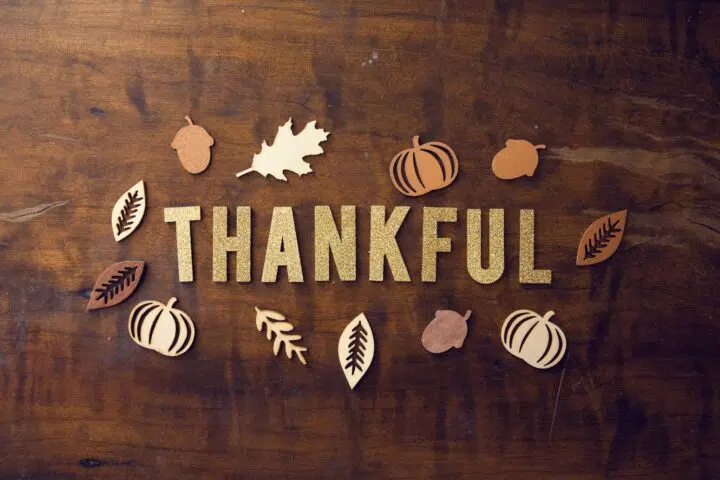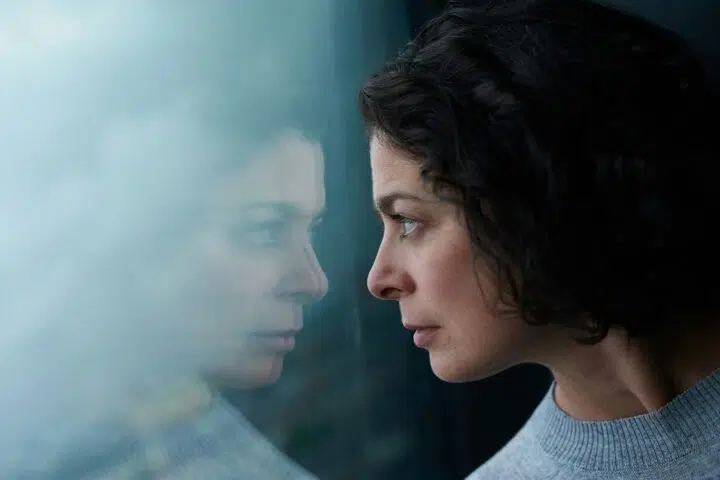When I was in college, I befriended a girl whose family members were refugees from Laos. She went by the name of Jenny because her teachers had deemed her real name too hard to pronounce. I learned it, though, and called her by that. I can still remember how to say it, though I can’t recall how to spell it.
Jenny invited me to her home one day, a small duplex in a modest part of town. She shared a tiny bedroom with her two sisters, her parents and youngest brother occupied the other bedroom, and her teenage brother slept on the couch. Her parents didn’t speak much English, but they were welcoming to me. Her father was a janitor, I believe, and her mother took in sewing. Later, I learned their whole story.
Jenny’s family had escaped Laos in the dead of night by hiding in the bottom of a fishing boat. They left everything behind, save for a few pictures her mother managed to sneak out, but what shocked my naïve 18-year-old self was that in their home country, Jenny’s father had been a physician and her mother had been a teacher. They were educated, professional people who had once lived a more prosperous life. In America, they were just a few more “boat people.”
I think of Jenny every time I see news stories about the thousands of political and economic refugees streaming into Europe these days, and I wonder how many of them are doctors or teachers or engineers. How many were shop owners or tradesmen or students in their home countries? How many were writers or artists?
I watch the news reports and learn about their journeys and the implications of their arrival for the countries they enter, but I want to hear more of the stories. Because “refugee” was just a word to me until I met Jenny.
So I’m praying the artists among those masses of exiles will tell those stories, and soon. Because no one expects to be a refugee one day. It just happens. But artists can help us understand how it feels when it does. Artists can change the meaning of a word.


